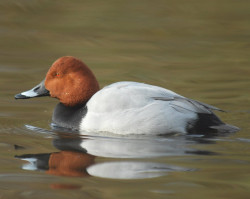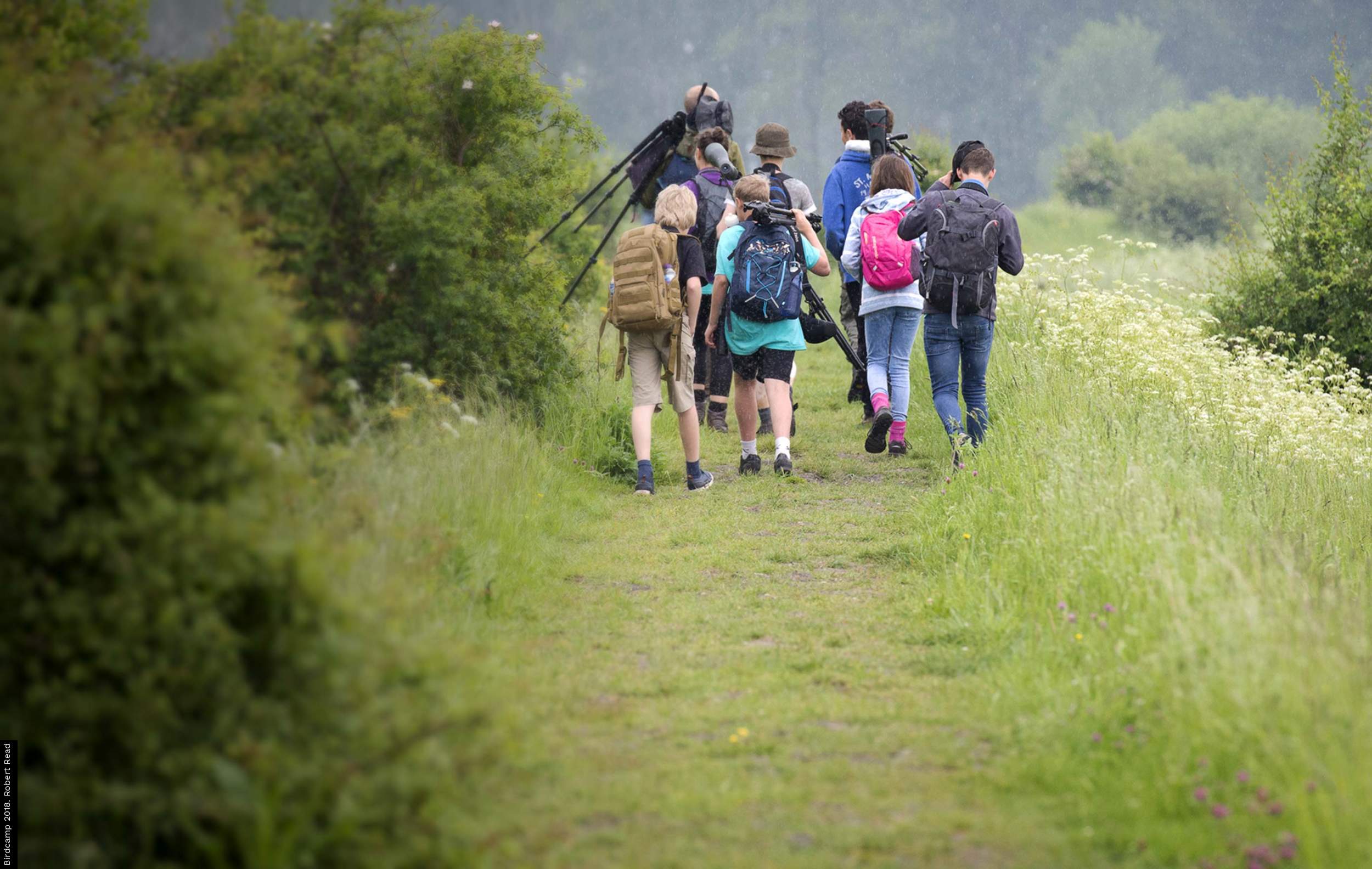Waterbird ID virtual training (2 sessions, Tuesdays 10am)

- Level
- Improver
- Presenter
- Nick Moran, Emily Cuff, Jenny Donelan
- Date
- Tuesday, September 13, 2022 - 10:00 to Tuesday, September 20, 2022 - 10:00
- Places
- Fully booked
Improve your identification of winter wildfowl and other waterbirds in this two-part online course.
This course involves two weekly online sessions of about 1 hour 45 minutes, with a trainer:participant ratio of about 1:30. Participants' microphones are muted during the sessions but there is a large interactive component, using chat messaging, polls and non-verbal signals to your webcam. The live sessions are complemented by supported self-study exercises which participants are encouraged to complete between the sessions. We place a strong emphasis on providing tools and techniques that will help you to continue your learning after the course.
In order to participate you will need:
- broadband of sufficient speed to view live video
- a computer with sound and ideally a webcam, or a tablet/smartphone.
Waterbird ID complements our free one-session course Counting birds and the Wetland Bird Survey (WeBS), details of which can be found on our training courses pages.
The training will be run by BTO staff Nick Moran, Emily Cuff and Jenny Donelan, all experienced birdwatchers, surveyors and trainers.
The two sessions will be as follows:
SESSION 1: Identifying dabbling ducks, swans and common grebes
Tuesday 13 September, 10:00–11:45am
We will introduce the most important elements of wildfowl identification, using a range of interactive activities. The main groups that we'll cover in this session are dabbling ducks (excluding males in breeding plumage), winter swans and the common grebes.
SESSION 2: Identifying diving ducks, sawbills and grey geese
Tuesday 20 September, 10:00–11:45am
Building on self-study exercises on diving ducks and scarcer grebes, we'll take a closer look at how to identify these tricky groups, along with some other common waterbirds that dive for food. The remainder of the session will focus on the identification of grey geese: Greylag, Pink-footed, White-fronted, Taiga and Tundra Bean Geese.
COST: The programme of two weekly online sessions and supported self-study exercises costs £24. Participants are strongly encouraged to attend both sessions to get the maximum benefit. We are unable to offer single sessions at a reduced price but if the cost is prohibitive or you have any other questions about the course, please contact us at training [at] bto.org.
This course is designed for amateur birdwatchers and bird survey volunteers – professionals seeking training should contact us by email.
After booking you should receive an automatic confirmation email. If this doesn’t arrive, please check your spam/junk email folder and if it is not there, or you have any other questions or booking issues, email us at training [at] bto.org



Share this page